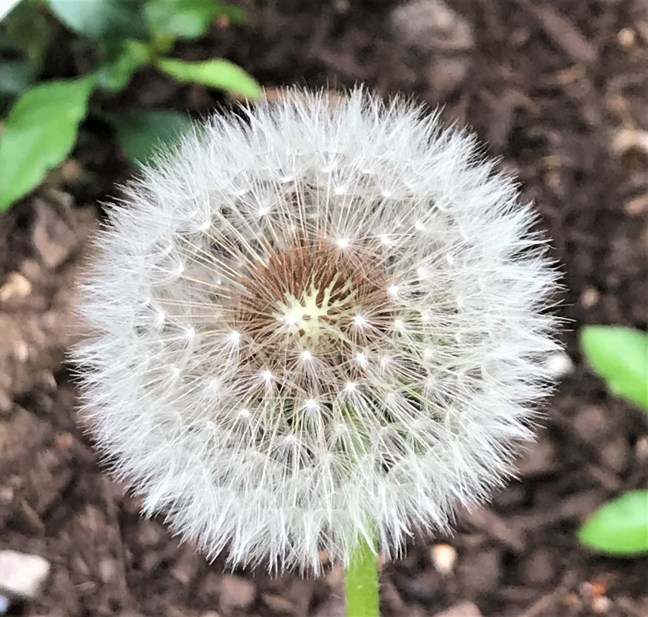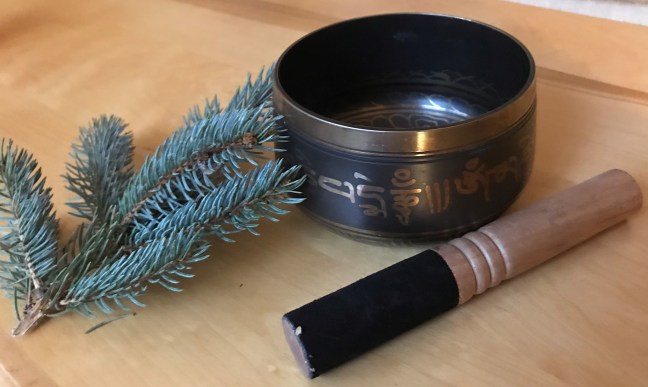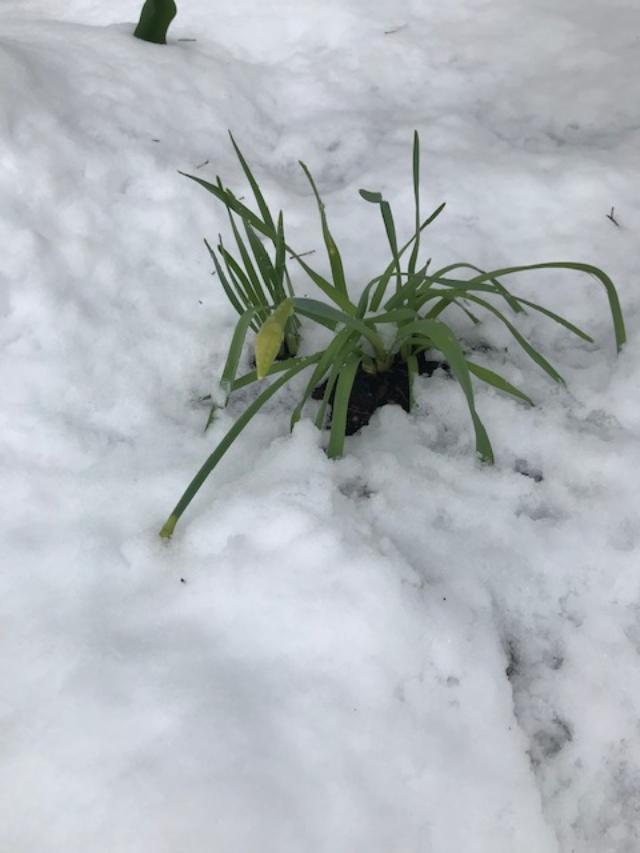I’ve been mulling over the ideas behind this post for several weeks. I don’t want to be considered crazy, and I do not write with the authority of a scientist, historian, or prophet. But the notions I am about to share will not stop pestering me. They come to me several times a day, every day. They insert themselves into my conversations, my reading, my walks in the woods, and my early morning reflections. They have driven me to the internet to see if anyone else is having similar ideas, and to conversations with friends to try them out on others.
I find the notion that Mother Earth is “taking vengeance” upon us humans through the Coronavirus, somehow appealing. Since we have been too obtuse, lazy, arrogant, and greedy to read the signs of the Earth’s suffering, perhaps we need to be knocked over the head with a plague of biblical proportions. Enter COVID 19. I am not the only one that finds the idea that the Earth is cleansing herself attractive. However, nowhere on the internet could I find any science to back it up while several articles debunk it. So, I bow to the scientists.
Well, if not cleansing, how about transforming? I believe that everything is interconnected. I wouldn’t exactly say that there are no accidents. Instead, I’d say that at any given moment, the conditions are right or wrong for something to happen. Understanding the conditions that make an event possible is a powerful predictor and can be an effective deterrent. It wasn’t a deterrent in the case of this viral pandemic, but here’s hoping we may have learned a little something.
For instance, take the recipe, a prescription used by thousands of novice bakers during the pandemic to make delicious meals and desserts that may temporarily soothe our anxiety about the present and the future. The baker who follows a tested bread recipe exactly will have a relatively good chance of creating conditions resulting in a delicious loaf of whole wheat bread. If she is slipshod in following directions, the result is less likely to be satisfactory.
Of course, there are always conditions over which she has no control. She will not be baking the bread in the same oven that the recipe’s author used. Nor will she be doing her baking in the same area of the world with the same atmospheric conditions. But, as they say, “Thems the breaks!” You work with what you’ve got and learn from the results if adjustments are needed.
For a long time, we humans, highly-evolved thinking beings, have been creating the conditions leading us to this critical moment in our history – The Coronavirus Pandemic. Sometimes we have done so unwittingly, sometimes with complete knowledge of the inevitable effects of our drive for dominance and our greed. We have asserted our authority over the Earth, conquered the sea, ascended into the air. We have used our planets’ resources, and one another, for our enrichment and to bolster our personal and national power. The ingredients of our recipe have been combined and baked, and the COVID-19 loaf has finally emerged from the oven.
A monk at the Buddhist monastery of Plum Village in France offers a YouTube talk on the Coronavirus pandemic and calls the spread of COVID-19 across the globe a “Noble Moment” in our history. He’s nuts, right?
He says that a “noble” moment is an opportunity to wake up, a teaching moment, a moment of suffering that leads to healing. It is both painful and liberating. It reveals our fragility and vulnerability, and it awakens us from our arrogance and self-absorption.
The global nature of the pandemic both proves and strengthens our interdependence. It is no respecter of persons, social class, race, nationality, or religion. However, its effects will be disproportionally severe for the poor, the underprivileged and the elderly – those who are the most vulnerable among us and whom we discount so easily in our drive for more power and wealth.
Some philosophical outliers like me have dared to posit that Mother Earth is cleansing herself through the pandemic – bringing us to our knees for our sins. If the Coronavirus is not Mother Earth, punishing us for our crimes against her, or cleansing herself from the effects of those crimes, is it possible that the current necessary conditions for our survival against this virus (social distancing and staying at home) have at least given us an opportunity for a “global retreat.”
Rather than rushing to get back to our routine, busy, transient lives, can we see this as an opportunity for a global stepping-back – stopping, standing still, looking, and listening deeply? We who do not have to worry about losing our jobs or our businesses, about feeding our families, caring for the dying, or mourning our losses from COVID, are being offered an unprecedented opportunity for insight and clarity of vision. Can we embrace this chance to reflect on ourselves, our desires and needs, our relationship to others, and the natural world?
Can we ask ourselves the hard questions such as: What do we need for a life of safety, health, happiness, and well-being? How much is enough food, clothing, shelter, education, freedom, self-fulfillment for me? Is it possible for everyone to have enough? Do I want everyone to have enough? Are those of us who have more than enough willing to make some sacrifices in the name of equality? And if not for equality, for interdependence and collective well-being? Can we admit that our hubris has brought us to this point and that the pandemic has the potential to be a global wake-up call? Perhaps not a wake-up call sent from on high or from the earthy wisdom of our planet but inevitably shouted to us by the conditions that we have created.
Will I ever take travel for granted again? Will I stop eating meat and move to a plant-based or at least a humane vegetarian diet? Will I put the brakes on my at-whim consumption? Will I consider what is necessary for my happiness and well-being and shy away from excess? Will I work toward systemic as well as personal transformation?
I believe the Earth is badly in need of cleansing, but we, not she, are the potential cleansing agents.







